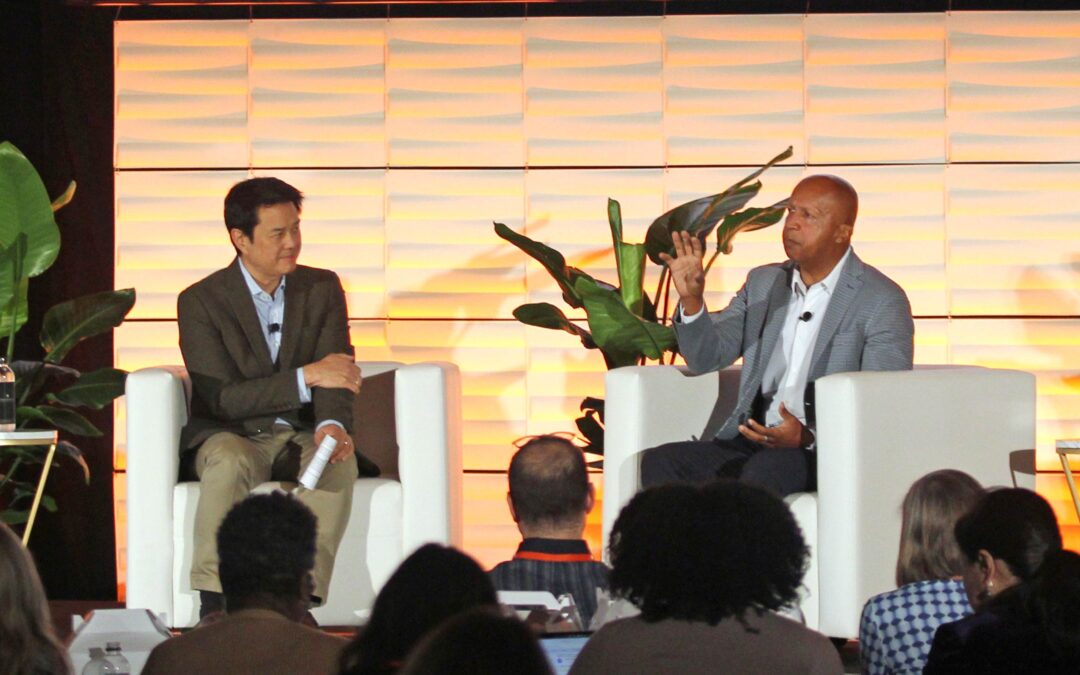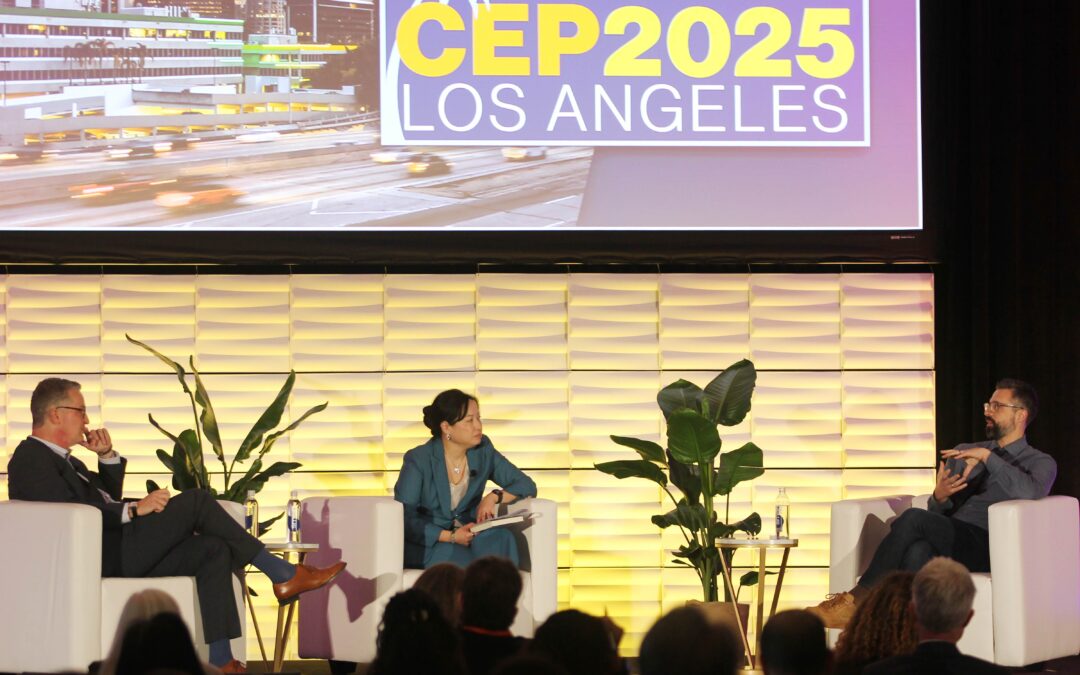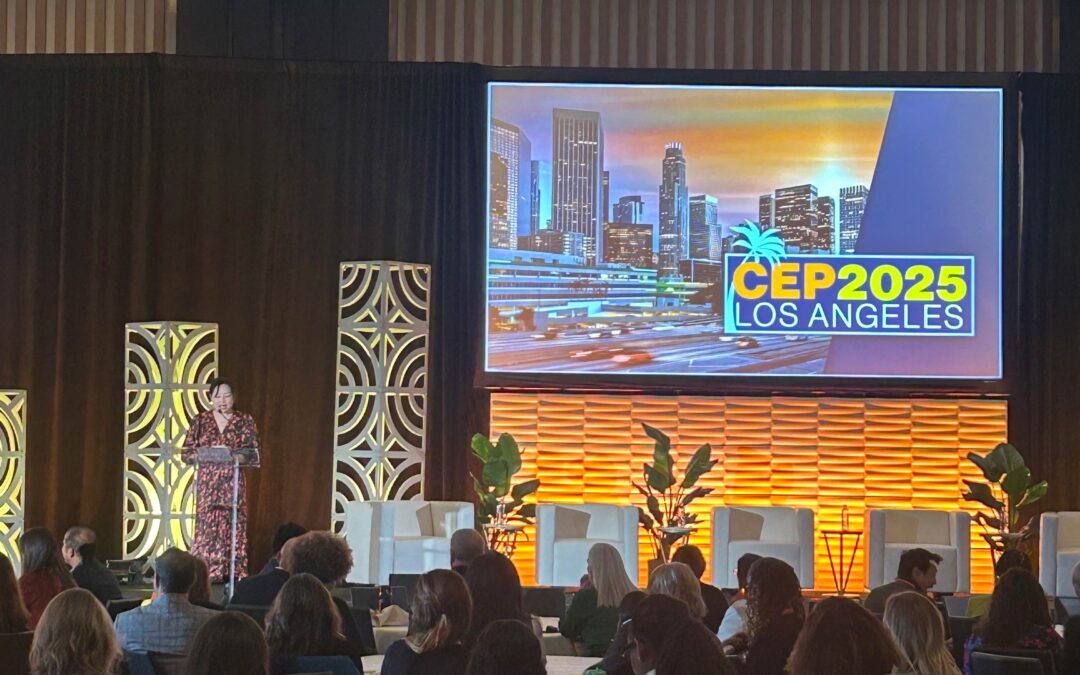It’s no secret that we find ourselves in the midst of a time of dramatic and rapid shifts in the U.S. political context. In such a time of change and uncertainty, foundation leaders and board members are asking themselves many questions about how they can most effectively leverage their resources and unique role in society to support the work of their grantees on the frontlines. In the last few weeks, there have been a number of important op-eds and blog posts from foundation leaders on how foundations must respond in this current moment (see here and here, for example).
During all times, and especially now, opening lines of communication and coming together face-to-face with peers across the foundation sector to listen, learn, and share effective practices is crucial. (After all, in philanthropy, if your strategy is yours and yours alone, you will fail.)
The 2017 CEP Conference, to be held in Boston April 4-6, will provide an important opportunity for foundation leaders to do just that. The conference program includes a number of timely and important breakout sessions that attendees can choose to participate in, including:
- Effectiveness in a New Political Era: An Open Forum
This session, moderated by CEP President Phil Buchanan, will facilitate peer-to-peer learning by providing an open floor for foundation leaders to share their experiences and hear from their colleagues about how they are responding to the new political reality. What is the role of foundations and the nonprofit sector as a whole in this moment in time? How are funders shifting their goals and strategies? What practices of partnering with those working on the ground are proving most effective? How are funders playing a role in the policy arena? These types of questions are on everyone’s mind in the sector, and this session will provide the opportunity for a frank discussion about what has been effective in foundations’ unique and vital work in a particularly important time.
- Wielding Influence: Foundations, Policy, and Democracy
Historically, philanthropy has had successes through influencing policy, but a number of observers have raised concerns about whether foundations may be having undue influence on policy in ways that undermine democracy or drown out other voices. This session will focus on an area where the debate about foundations’ role in influencing policy has been particularly prevalent — education. The panel will explore the tensions in this arena and discuss how lessons learned can apply across the many programmatic areas of focus for foundations.
- Making National Change State by State
While many funders pursue their missions by focusing on advocacy at the national level, it’s important to not lose sight of the fact that change can often occur state by state. This session will share takeaways from the story of how several foundations have worked together to fund a national initiative to support individual state-based campaigns to end youth incarceration in juvenile prisons.
- Philanthropy, Media, and Democracy — Achieving a Healthy Balance
Deeply ingrained in conversations about changes in the current political climate is the topic of changes in journalism and media, as well. A healthy democracy requires a strong and independent press, yet at the moment, many bulwarks of journalism like the daily newspaper are in decline. What are foundations doing in this arena? Philanthropy is playing an increasingly important role in supporting journalism, but as the field grows and changes, it needs to establish protocols for effective partnership. In a time where the importance of the media is especially pronounced, this panel will explore the ways in which funders can work to help ensure that the “fourth estate” is a strong institution, without undermining its independence and integrity.
- The Evolving Role of Lobbying and Public Policy at Community Foundations
Community foundations differ from many independent foundations in that their main goal is bettering the specific communities they live in and serve. Not only that, community foundations have the unique ability to publically lobby and advocate for policy change in their regions, as well. As such, why and how a community foundation should incorporate policy work into its strategic model is an important issue for all community foundations to address. This session will take a look at the progress that community foundations have made in the last eight years since the IRS clarified that community foundations can participate and support lobbying and advocacy efforts, and it will discuss the challenges community foundations face in this area of work in 2017.
These sessions are just a few examples of the many topics that will be covered at the conference, in addition to ample networking time for attendees to connect with colleagues (see the list of attendees already registered here). We hope we’ll see you there.
The 2017 CEP Conference, “Leading Effective Foundations,” will be held April 4-6, 2017 at the Boston Park Plaza Hotel. Register for the conference here.
Ethan McCoy is senior writer – development and communications at CEP.


